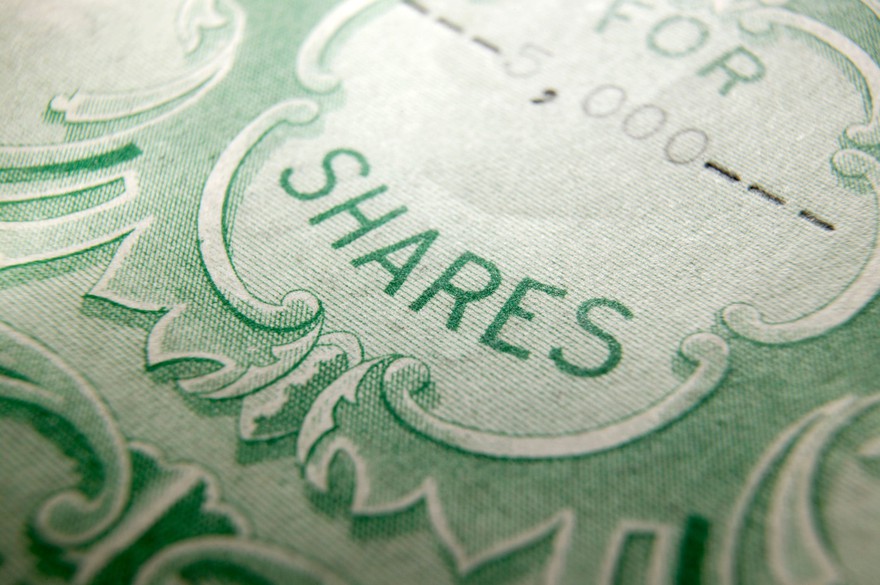If you own a share of stock in a company, it means that you own an economic interest in the underlying business. But there's more to the story than that. Here's a rundown of what a share of stock is, and what investors should know about how shares of stock work.

Different types of stock
Technically speaking, there are two different types of shares of stock that you could buy -- common stock and preferred stock.
- Common stock: Common stock is what most people think of when they hear the word "stock." Common stock represents an equity ownership interest in a business, as discussed earlier. It's also worth mentioning that there can be different classes of common stock, even among the same company. For example, Alphabet (GOOGL -0.26%)(GOOG +0.33%) has two different classes of publicly traded stock. The difference? One has voting rights when it comes to electing board members and other shareholder votes, and the other doesn't.
- Preferred stock: Preferred stocks work quite differently -- they are more like fixed-income instruments, with a predetermined dividend amount and par value. Unlike with a common stock, preferred stocks don't represent a proportional share of a company's earnings -- no matter what a company earns, preferred shareholders get the same dividend and the intrinsic (par) value of the shares remains the same. Preferred shareholders don't have voting rights, while common shareholders generally do. Preferred dividends are generally superior to common dividends in terms of priority -- if a company is struggling financially, preferred stockholders must get paid before any common shareholders are. Preferred shareholders are higher in priority when it comes to claims on a company's assets in bankruptcy situations.



















